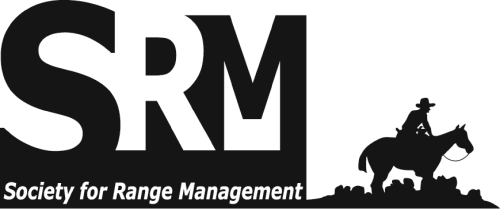Rangelands remain one of the socio-economic and ecological backbone and major land use type of Cameroon. It sustains varied livestock on diverse ecosystems ranging from wet meadows, inland valleys to upland plateaus. Empowering and securing pastoralism, land rights and building participatory approaches for sustainable Rangeland management is very important for rangelands in Cameroon. Rangelands and good number agropastoral areas are considered as no man�s land and classified as state lands that are formally recognized as communal lands meant for use by all and to which different individuals, groups or communities attribute variable more or less appreciative perceptions. Pastoralism is dominated by open free ranging with uncontrolled movement with degradation continuously being noticed. Undefined boundaries, unsecure pastoral tenure, land grabbing, trespassing, farmer-grazier conflicts, degradation, poor range products and more recently challenges of weed management, climate variability and range improvement are current management problems. The elaboration of a pastoral code due to the evidence based-advocacy in the local graziers in the area can be a way of transforming local actions to policy reforms. This can be a major step in ensuring pastoral tenure security. This base will enable communities to act. Rangeland management, land use planning, restoration of degraded lands, weed management or in summary local resource governance can therefore be pursued with a solid base. The existing social disposition in terms of institutions is the grouping of graziers in grazing zones called ardorates with the leader being the Ardo, a Fulani spiritual leader for they essentially dominate grazing in the area. It is this evidence based local communal organization that can reach out to resource users, coordinate behavior and negotiate change and improvement with development agencies. Community based management systems (CBMS) can be created on this existing base of institutional frameworks existing in the area with a delimitation of grazing zones.

Oral presentation and poster titles, abstracts, and authors from the Society for Range Management (SRM) Annual Meetings and Tradeshows, from 2013 forward.